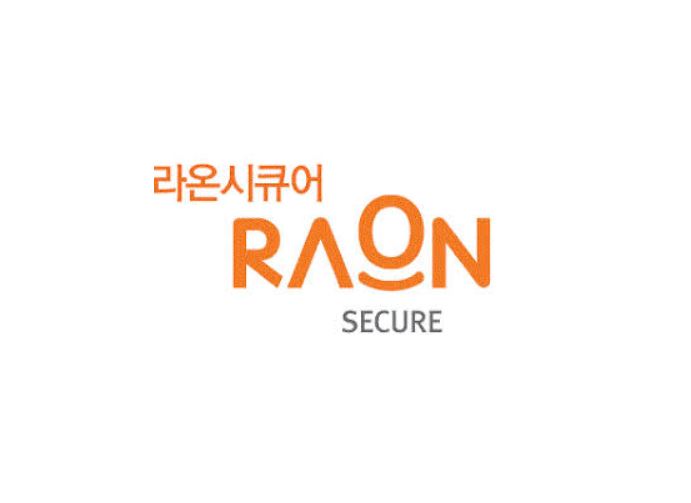The accredited certificate is now in the process of abolition. Accordingly, the attention for private authentication market is increasing. Raonsecure, a security company that jumped into the blockchain-based authentication market, also happened to get an opportunity.
Last month, the ‘All Amendment to the Electronic Signature Act’ passed the National Assembly, which aims to abolish the accredited certificate. In the future, the concept of “certified certification” will disappear and both public and private certificates will be integrated into electronic signatures. The era of private authentication has arrived indeed. Blockchain industry expects DID (Decentralized Identifier) industry to benefit particularly from this revision.
South Korean security company Raonsecure is also expected to be affected by the revocation of the accredited certificate. An official from Raonsecure said, “It is expected that the abolition of the public certificate will be the opportunity for the development of various authentication services and technologies such as biometric authentication and blockchain distributed ID (DID). Through this, various fintech services will come up.”
Raonsecure, which entered DID business in earnest from 2018, started offering services in 2019. DID technology was accessible only to limited targets with ‘DID-based RoboAdvisor Service’, which was released in December last year. This service was designated as a financial innovation service selected by Financial Services Commission, jointly proposed by KFTC and Fount, an online asset management service company. General customer service will open in the first half of this year.
By cooperating with Military Manpower Administration, Raonsecure established the first blockchain authentication service among public institutions. ‘Blockchain Simple Authentication’ service is designed to allow users to authenticate themselves with only biometric authentication without any other means, which can perfectly replace a public certificate.
Recently, Raonsecure is planning to build DID authentication platform by participating in Sejong city’s ‘Demonstration project for building a self-driving platform based on a blockchain’ in a consortium with LG CNS.
It is also preparing its own DID service. Its own DID service called ‘Omni-One’ is being developed in the form of a digital wallet so that individuals can authenticate with the sovereignty of information. Omni-One is currently being prepared for a full service release after testing.
Efforts are being made to expand the use of services worldwide. Last year, Lee Soon-Hyung, Raonsecure’s CEO, founded ‘DID Alliance’ with Ramesh Kesanupali, the founder of the FIDO Alliance. The goal is to establish DID technology standards. Raonsecure takes charge in DID technology development.
DID Allinace has a variety of partners worldwide. Companies such as Hitachi, NEX, E3 service, OnFido, and Civic PRIVO are participatin; companies from the United States, France, Germany, Switzerland, India, and Japan. As domestic partners, major banks such as Shinhan, Kookmin, Nonghyup, and Busan are participating. In addition, a total of 62 companies including Samsung SDS, Korea Electronic Certification, and NHN are partners of DID Alliance.
Raonsecure is an information security company founded in 2012. Since its establishment, it has mainly supplied mobile security solutions to financial, public, and general companies. In 2015, Raonsecure received the world’s first FIDO Certified certification from FIDO Alliance, a global biometrics consultative institution. Since opening the first FIDO biometric authentication service in Korea with Shinhan Mobile Banking in 2016, Raonsecure has the largest number of biometric authentication cases in Korea. Based on this, Raonsecure became the first Asian security company to be elected to FIDO Alliance’s Board of Directors. Board members include Google, Microsoft, Apple, Samsung, Intel, Facebook, and Amazon.
번역: 김동우 기자




